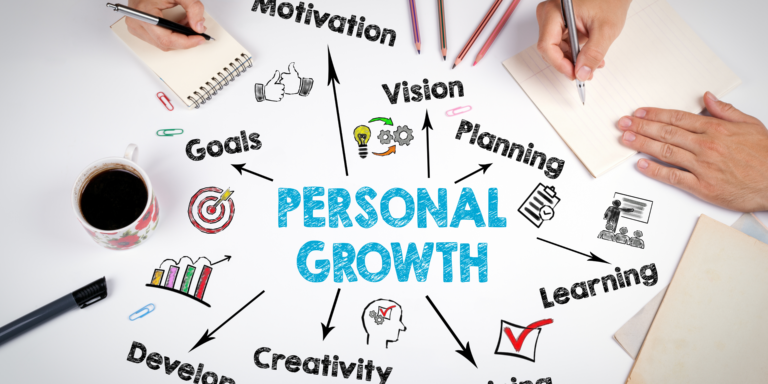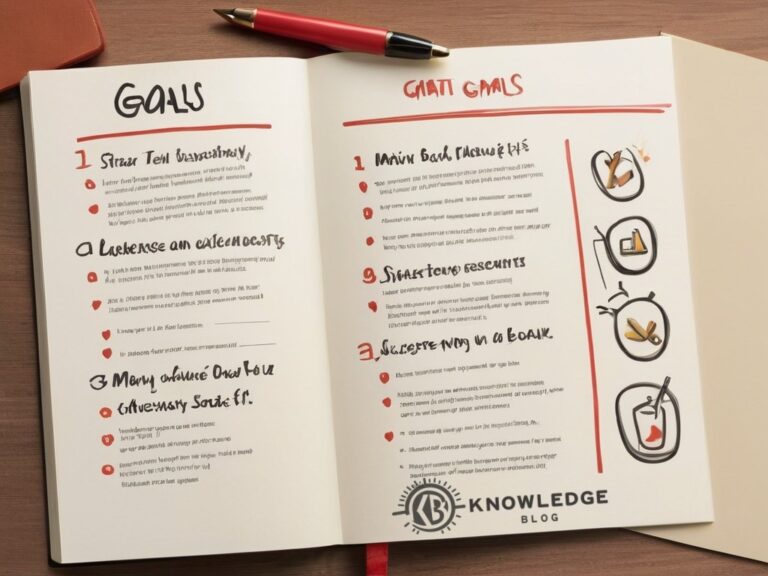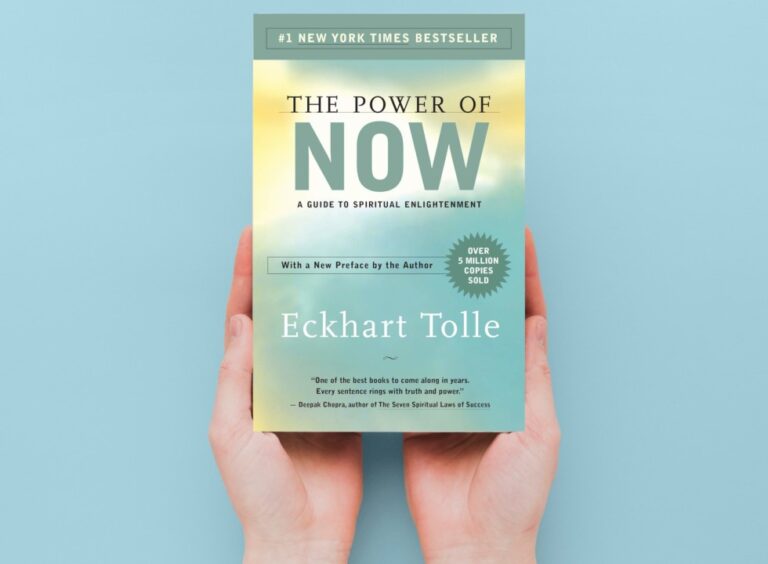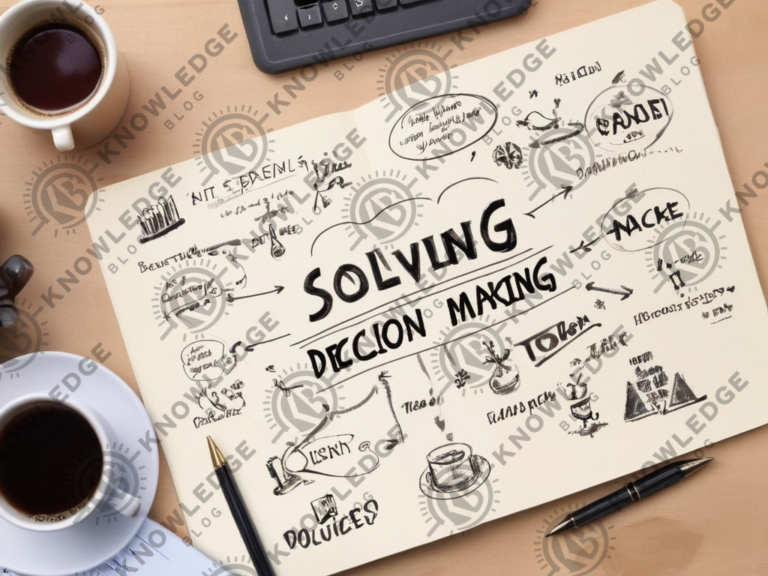The Analytical Abilities Definition And How You Get Them
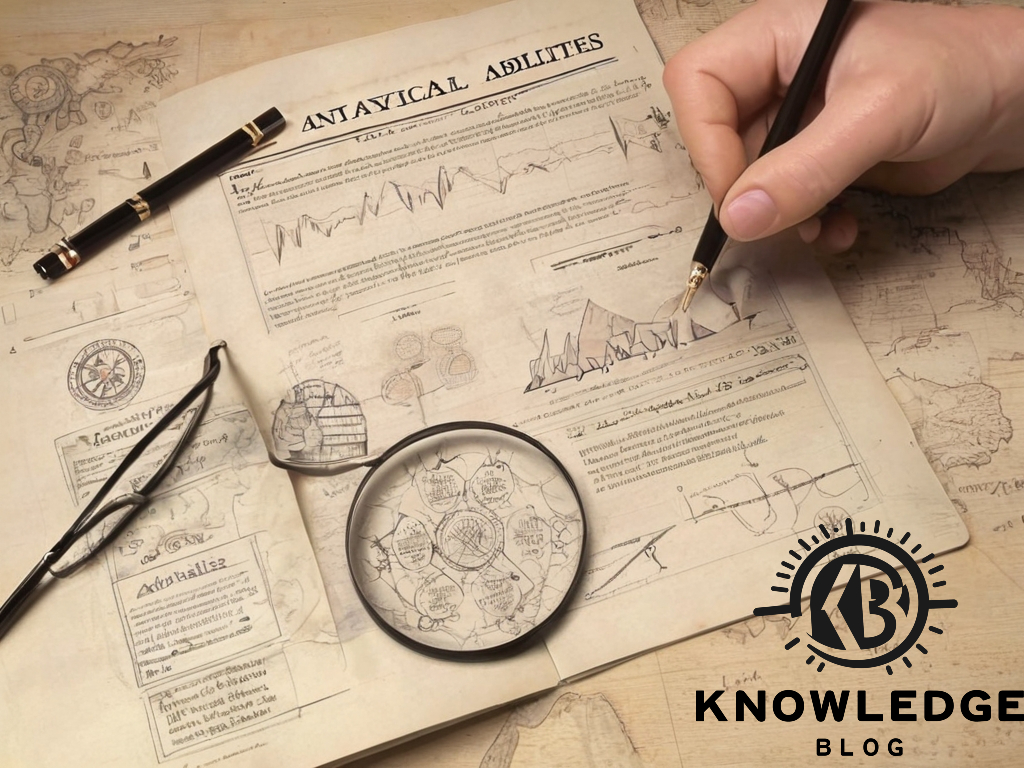
The analytical abilities definition encompasses a spectrum of cognitive skills and processes that enable individuals to examine information, dissect problems, and devise effective solutions.
In this article today, we are going to talk about the analytical abilities definition and how you can get these abilities.
Analytical abilities definition
Analytical abilities: what are we talking about here? Picture yourself as a detective, not just any detective, but one with a Sherlock Holmes vibe, minus the deerstalker hat unless you’re into that kind of fashion statement.
Analytical skills are your magnifying glass and your Watson, all rolled into one. They’re what you use to break down problems, sift through data, and arrive at conclusions that are not just effective but also smack dab on target.
Imagine you’re at a barbecue. The grill’s fired up, the stakes are high (pun intended), and you’re handed a mystery meat to cook. Your analytical abilities kick in like a seasoned chef. You observe, you sniff, you poke. Is it beef? Is it too lean? What spices will complement its flavor? Your brain is doing the cha-cha with information, making connections faster than a gossip spreads in a small town.
What are the analytical abilities
After we talked about The analytical abilities definition, we are going to discover this abilities in the few coming lines.
The analytical abilities are:
- Critical Thinking: The bread and butter of analytical abilities. It’s about not taking things at face value but instead questioning everything. Why is this the case? What’s the evidence? It’s like being a judge in a talent show, but instead of singing, you’re evaluating arguments and claims.
- Data Analysis: This is where you channel your inner detective, digging through data to find patterns, anomalies, and insights. It’s like solving a mystery where numbers and facts are your clues. Whether it’s spreadsheets, Google Analytics, or your monthly budget, you’re turning data into decisions.
- Problem-Solving: Faced with a challenge? No problem. This skill is about breaking down complex issues into manageable bits, examining possible solutions, and picking the best one. It’s like being stuck in an escape room and figuring out the clues to get out before time runs out.
- Creativity: Yes, creativity plays a crucial role in analytical thinking. It’s about thinking outside the box and coming up with innovative solutions to problems.
- Attention to Detail: The devil’s in the details, they say, and they’re not wrong. Catching minor discrepancies that others might overlook can often lead to significant insights.
- Communication: What good is cracking the code if you can’t explain it to others? This skill is about clearly and effectively conveying complex ideas in simple terms. It’s like translating a dense, academic paper into a tweet that goes viral for its clarity and insight.
- Decision Making: After all the analysis, it comes down to making choices. This ability involves weighing your options, considering potential outcomes, and making informed decisions.
Related article: Journey of Self Discovery: Unveiling the Inner Compass
Importance of the analytical abilities
Understanding the analytical abilities definition sheds light on their critical role in our fast-paced, information-laden society.
These skills enable individuals to sift through data, assess situations critically, and draw sound conclusions, serving as a linchpin for problem solving and decision-making in both personal and professional contexts.
With the ability to break down complex issues, identify trends, and apply logical reasoning, those proficient in analytical thinking are better equipped to navigate life’s challenges, make strategic choices, and seize opportunities.
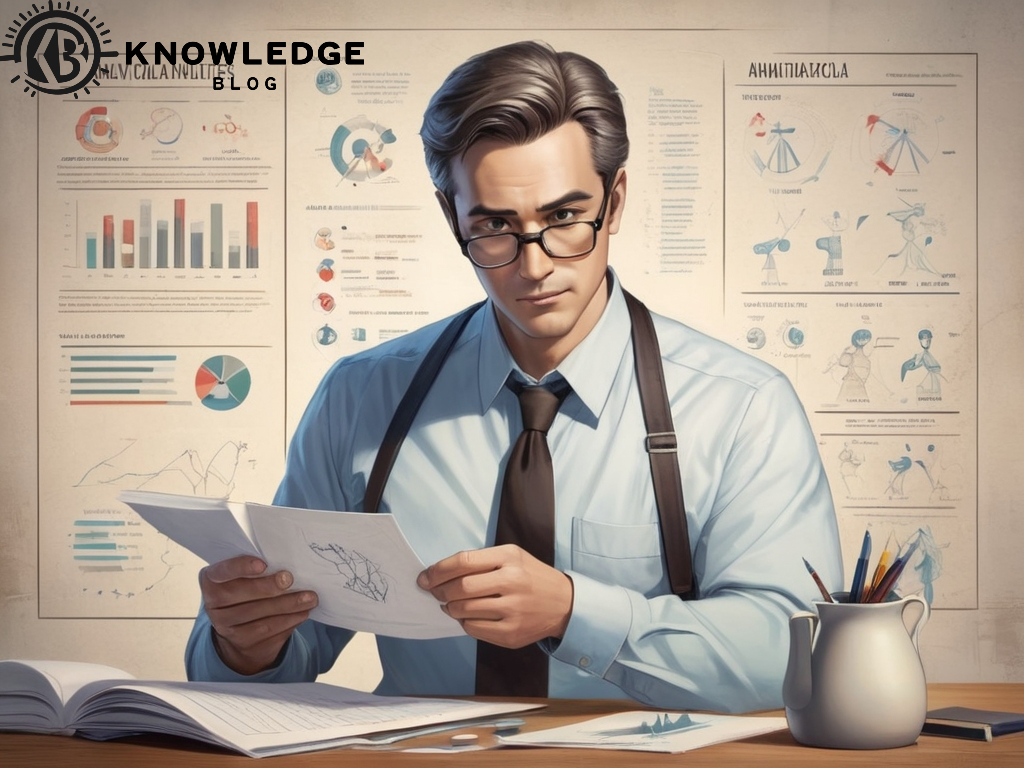
How you can get the analytical abilities
The next few step will help you get the analytical abilities:
Feed Your Curiosity
Start by asking questions. A lot of them. About everything. Why is the sky blue? What causes traffic jams? How does my favorite app work? Think of yourself as a child, bewildered by the wonders of the universe, but with the internet access and resources to find the answers.
Dive Into Data
Get comfortable with numbers and patterns. You don’t have to morph into a math wizard overnight, but familiarize yourself with basic statistics and how to interpret data. Whether it’s analyzing your personal expenses or dissecting case studies in your field, start crunching numbers.
Critical Thinking Exercises
Engage in activities that challenge your reasoning skills. This could be puzzles, strategy games, or even debating with friends. The goal is to practice breaking down arguments, identifying logical fallacies, and building your counterarguments.
Learn From the Masters
Identify individuals in your field or in the public sphere who exhibit exceptional analytical skills. Observe how they approach problems, make decisions, and communicate complex ideas.
Engage in Continuous Learning
The world is your oyster, filled with pearls of knowledge. Take online courses, attend workshops, and read voraciously. Subjects like philosophy, economics, and computer science are gold mines for honing analytical thinking.
Practice Mindfulness and Reflection
Being present and reflective improves your ability to focus and notice details. Allocate time for meditation or journaling to enhance your self-awareness and observation skills.
Embrace Feedback
Seek out constructive criticism on your decision-making and problem-solving processes. It’s akin to watching game tapes after a big match; you’ll see where you excelled and where you fumbled.
Apply Your Skills in Real Life
Theory is great, but practice makes perfect. Apply your analytical skills to everyday life. Make informed decisions, from planning a trip to investing in stocks. Every decision is an opportunity to analyze and learn.
Conclusion
In conclusion, the analytical abilities definition serves as a cornerstone in navigating the complexities of our modern world.
These skills help us solve complex problems and make smart choices. They are essential in work and personal life.
As things keep changing, improving our analytical skills is very important.
By using analytical thinking, we prepare to succeed even when things are uncertain. It helps us create new things and find our way to success.
Let’s use our analytical skills. They help us find clarity, work better, and achieve greatness.


